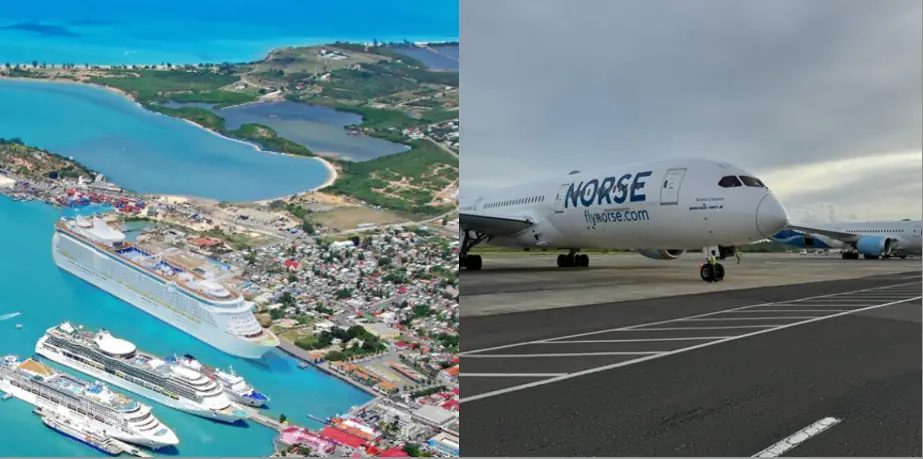Barbuda’s Land Ownership System to see historic shift with new land board
In a significant development for the sister island of Barbuda, the Land Adjudication Board of Antigua and Barbuda started its work on Wednesday, August 28, 2024, defining the new land ownership structure on the island.
30th of August 2024

In a significant development for the sister island of Barbuda, the Land Adjudication Board of Antigua and Barbuda started its work on Wednesday, August 28, 2024, defining the new land ownership structure on the island.
This is according to an announcement by Attorney General, Steadroy Benjamin, who informed the Cabinet about the new initiative that would reshape land rights of the island.
Land ownership in Barbuda has traditionally rested on the communal system under the Crown, meaning all land is considered to be owned collectively by the people of Barbuda. This model has defined the social and economic fabric of the island.
In light of the recent development, the institution of the Land Adjudication Board represents a movement toward a regime that recognizes individual property rights.
This shall be the duty of the Board to conduct a full cadastre and make the demarcations in Barbuda, clearly defining ownership rights. This is quite an essential step toward moving from the communal to an individual system of land ownership.
Clare K. Roberts, a well-known lawyer, was sworn into office as the Chairman of the Land Adjudication Board. The Board, now under his leadership, will be calling on long-term occupants of Crown lands to come forward with their claims for certain portions.
This development is in action so that ownership may be legalized for those who have gained adequate interest by residing on and developing these lands over time, thus providing legal cognizance of their rights.
A major feature of this development phase has been the vast change in land ownership laws of Barbuda. Whereas in the past, land in Barbuda was considered to be communally owned, recent legal adjustments have opened the possibility of selling Crown lands for a fee simple to persons who occupy and build homes on such lands.
This, of course, is a significant departure from the communal model of land ownership to one that is anchored on individual property rights. It has now brought in an ordinance whereby residents can gain individual ownership of plots they have occupied for a nominal fee of $1.
The decision to alter the land ownership structure in Barbuda has brought forth equally divided views: on the one hand, it is a positive development in terms of endowing people with property rights that would lead to economic development on the island, while others fear this will lead to large-scale sale of land to people outside Barbuda and undermine the traditional land ownership system of the island as well as its social and economic life.
The eyes of many rests upon Barbuda as of the initiation of the Land Adjudication Board, to see how this tiny island undergoes this transition, a historic transition into the future.
Latest
- Jamaican Designer Rachel Scott Debuts Fall 2026 Diotima Collection at New York Fashion Week
-
Antigua and Barbuda welcomes five cruise ships, boosting tourism -
Man injured in Belize City shooting, one detained -
St Kitts and Nevis Government secures Frigate Bay lands for development and citizen ownership -
Saint Lucia Cruise Port to welcome thousands of tourists from February 16-22, boosting local economy
Related Articles

6th of December 2024

4th of December 2024

7th of December 2024

29th of November 2024

28th of November 2024

28th of November 2024

22nd of November 2024

17th of November 2024
